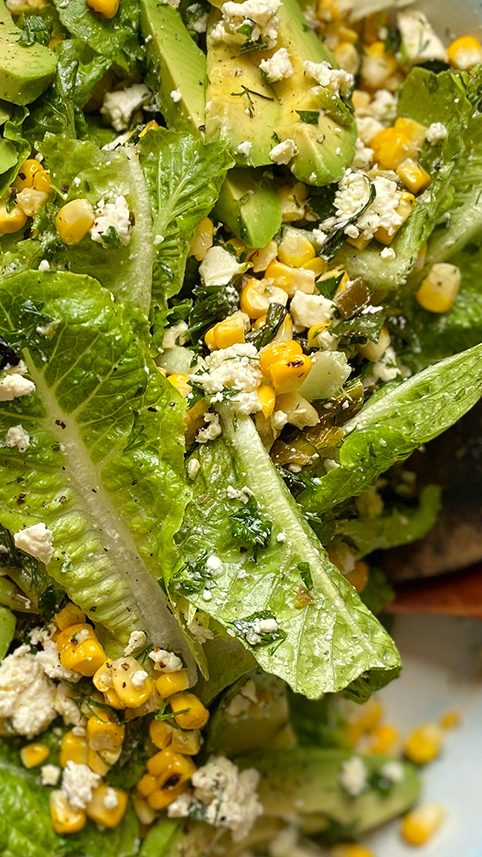Summary
Is there anything sweeter after a long cold Melbourne winter than opening up the house to a warm spring breeze. (Even more so if there’s blossom or jasmine flowering outside that window). Well if you’ve been ignoring the itch let us inspire you with some good old remedies that are cheap as chips and use simple ingredients you probably already have. Yes, we’re talking the trifecta of cleaning vinegar, bicarb and lemon! We’ve scoured (sorry) the internet for useful ideas, though no doubt you’ll have your own too – let us know your DIY tips and we’ll share them round.
Grab a microfibre cloth, open the windows and let’s go.
Bicarb or baking soda (sodium bicarbonate) is a little legend for cleaning and deodorising all kitchen and bathroom surfaces – the sink, fridge, crusty or greasy pans, bathroom tiles and even the toilet bowl. It’s a handy all-purpose, non-toxic cleaner and you can really use it however it suits you. Sprinkle it on then wipe with a wet cloth, make a paste by combining with a little water, or dissolve the bicarb in warm water and spray onto surfaces to wipe before rinsing with a clean cloth.
Left in an open dish in the fridge it will absorb any unpleasant odours.
Add it to the washing machine! 1/2 cup (or 1/4 C for front loaders) in the wash is said to brighten and whiten.
A bicarb paste with water is a mild abrasive cleaner, but you could also add salt to the mix as an extra abrasive if you need it. Just watch you’re not scratching things. Soak food-crusted kitchen pots or stoves with this paste, it’ll be easier to clean them after it has soaked for a while.
Bicarb in the bath, along with epsom salts and essential oils, is the most wonderful soak for tired limbs and aching muscles. The bicarb helps soften and soothe sensitive skin, improving any itchiness and irritation.
Vinegar is a useful grease-cutting, stain removing assistant. Use it undiluted on a cloth to wipe grime and grease from kitchen surfaces, or mildew-inclined areas. Or create your own citrus cleaner, putting those fragrant, antibacterial oils to work as natural helpers around the house. You can make a simple vinegar based cleaner by adding used citrus rinds to a glass jar and covering with white vinegar before leaving the jar to infuse for 2 weeks. Add a dash of eucalyptus oil, or a stem or two of herbs like rosemary, tea tree, or lavender to the jar for extra strength and a lovely aroma. Strain the mix after steeping, and transfer to a spray bottle. Dilute 1:1 with water if you want to stretch it a little further.
Of course a spray of vinegar will clean your windows and mirrors like dream, especially when buffed dry with crumpled newspaper.
Clean and deodorise the toilet with a sprinkle of bicarb into the bowl, a squirt of vinegar then scrub with a toilet brush as usual. (If you’ve ever cleaned household drains with bicarb and vinegar, you’ll know how they fizz up together like something in the school science lab).
More love for lemons! We love to use cut lemons to wipe wooden cutting boards, especially if they’re garlicky. Let the lemon soak in, give them a scrub and rinse in hot water. For an extra refresh, leave them in the bright sun to dry.
If you’re out of dishwashing liquid, throw a lemon half into the sink with super hot water.
Though it simple to create your own affordable cleaners, there are loads of great non-toxic products available these days, and we have some excellent options as well as microfibre cleaning cloths and plastic-free scrubbing brushes. You can find them all under Home & Body.
